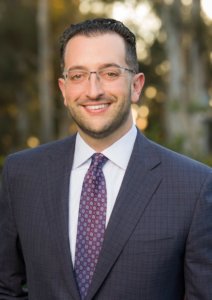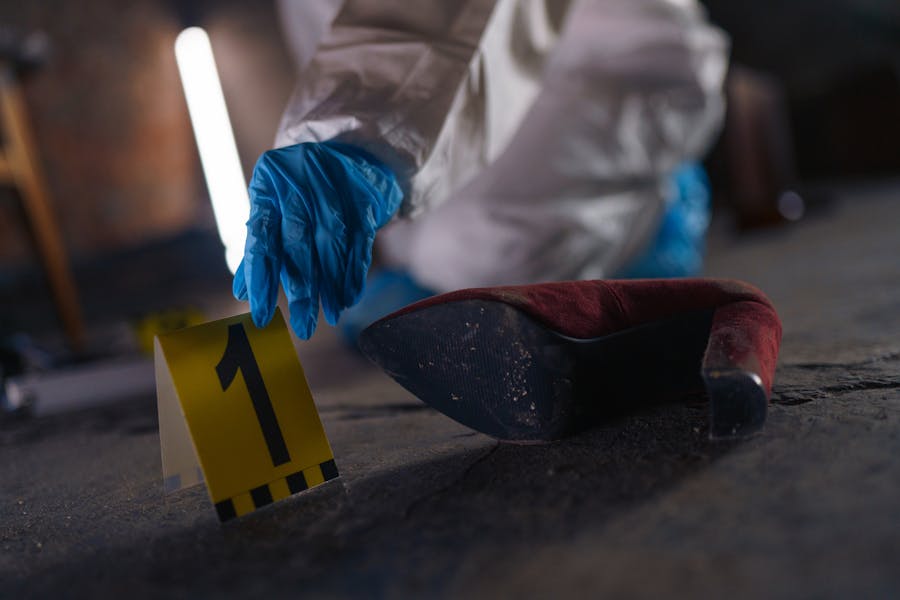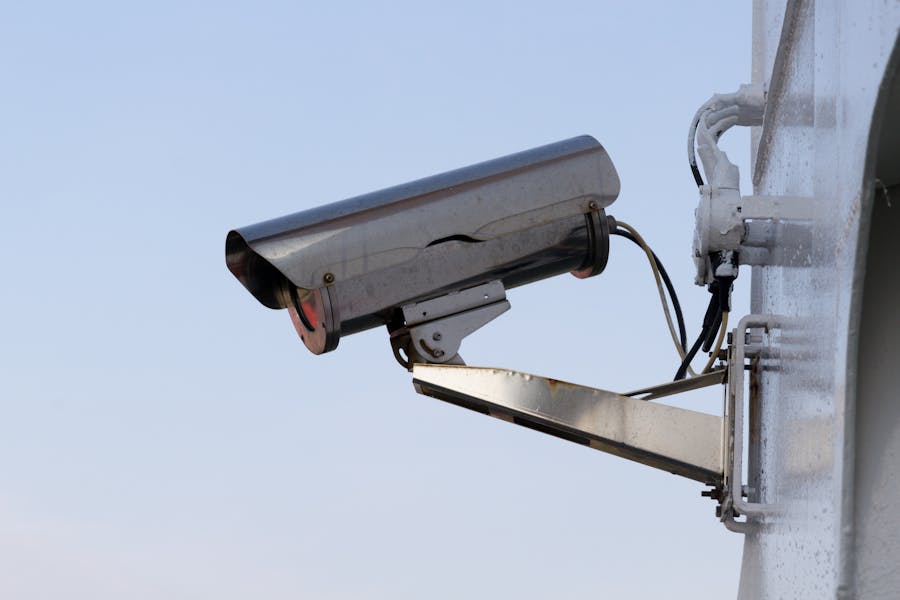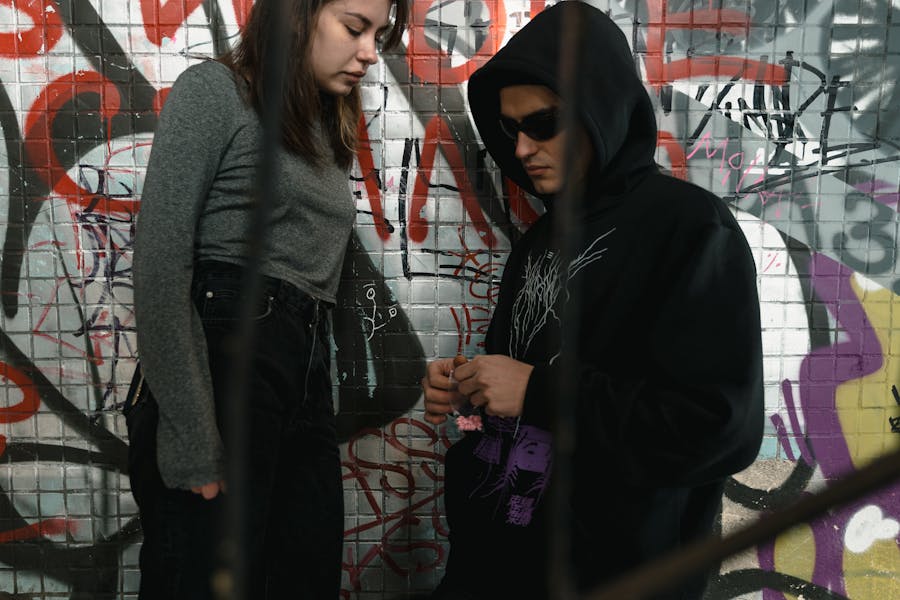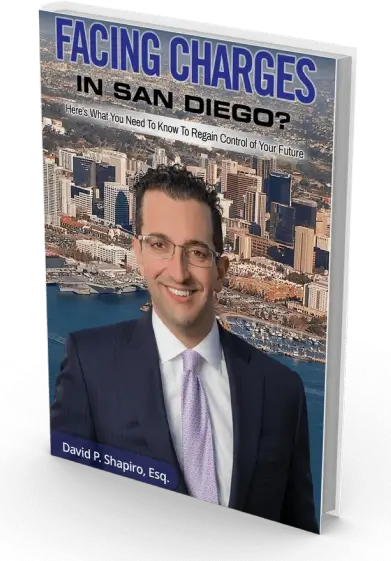Can Past Convictions Be Used Against You in a California Sex Crime Case?

Most people assume that in a criminal case, you’re judged solely on the evidence related to the crime you’re currently accused of committing. After all, isn’t that what “innocent until proven guilty” is all about? But the reality of California criminal law—particularly for sex crimes—is far more complicated.
In sex crime cases, your past can and often will be used against you in court, even if those prior incidents never resulted in a conviction. This legal reality creates significant challenges for defendants and defense attorneys alike.
Character Evidence is Usually Inadmissible in Court
California’s evidence rules typically prohibit what’s called “character evidence” or “propensity evidence.” This means prosecutors generally cannot introduce evidence of a defendant’s past bad acts to suggest they have a propensity to commit crimes.
Evidence Code § 1101(a) clearly states that evidence of a person’s character or character trait (including specific instances of conduct) is inadmissible to prove their conduct on a particular occasion.
This makes logical sense—just because someone made mistakes in the past doesn’t automatically mean they committed the current crime they’re accused of. The law recognizes that allowing such evidence could unfairly prejudice jurors against defendants based on their history rather than the facts of the current case.
The Exception That Changes Everything: Evidence Code § 1108
When it comes to sex crimes, however, California law creates a dramatic exception to this general rule through Evidence Code § 1108. This powerful statute states:
“In a criminal action in which the defendant is accused of a sexual offense, evidence of the defendant’s commission of another sexual offense or offenses is not made inadmissible by Section 1101, if the evidence is not inadmissible pursuant to Section 352.”
In plain English, this means that if you’re charged with a sex crime, prosecutors can introduce evidence that you committed other sex offenses in the past—even if those incidents didn’t result in convictions or even arrests.
As our firm’s founder David P. Shapiro explains: “Under the evidence code in California, if there were prior bad acts particularly as it relates to an alleged molest or sexual assault of a minor, that is something we’ll likely see” introduced as evidence at trial.
What Qualifies as a “Sexual Offense” Under § 1108?
Evidence Code § 1108 defines “sexual offense” broadly, including:
- Rape and sexual assault (Penal Code §§ 261, 261.5, 262, 243.4)
- Lewd acts with a minor (Penal Code § 288)
- Child pornography offenses (Penal Code §§ 311.1-311.11)
- Sexual battery (Penal Code § 243.4)
- Indecent exposure (Penal Code § 314)
- Sex trafficking (Penal Code § 236.1)
- Any non-consensual sexual contact
- Acts deriving sexual pleasure from inflicting death, injury, or pain
This expansive definition means that a wide range of past conduct—from relatively minor incidents to serious offenses—can potentially be introduced against a defendant.
How Prior Allegations Impact Your Defense
The admissibility of prior sexual offense allegations creates significant challenges for the defense. As Shapiro notes, “The problem that the defense may very well have in a case like this is [the] jury’s going to hear multiple accusers coming forward and it’s going to make them more likely than not [to convict].”
This dynamic fundamentally changes how defense attorneys must approach sex crime cases:
1. Juror Psychology Shifts Dramatically
When jurors hear about prior allegations, the psychological impact is powerful. If they’re capable of committing one of the more heinous acts of sexually assaulting a young child, then what are they not capable of? This creates a significant uphill battle for the defense.
2. More Complex Trial Strategy Required
Defense attorneys must develop strategies to address both the current charges and any prior allegations simultaneously. This often requires bringing in expert witnesses, conducting additional investigations into past allegations, and developing more sophisticated jury education approaches.
3. Pre-Trial Motions Become Critical
Before evidence of prior acts can be admitted, the prosecution must disclose this evidence to the defense. Defense attorneys can then file motions to exclude the evidence under Evidence Code § 352, which allows judges to exclude evidence if its probative value is substantially outweighed by the danger of unfair prejudice.
The Limits: When Prior Allegations Can Be Excluded
While § 1108 creates a pathway for admitting prior sex offense allegations, it’s not an unlimited license. Evidence Code § 352 provides an important check, allowing judges to exclude evidence if:
- Its probative value is substantially outweighed by the danger of unfair prejudice
- It would confuse the issues or mislead the jury
- It would consume an undue amount of time
- It would create undue prejudice against the defendant
When deciding whether to admit evidence under § 1108, judges consider factors including:
- How similar the prior acts are to the current charges
- How recently the prior acts occurred
- The strength of evidence supporting the prior acts
- Whether the prior acts resulted in convictions
- The unique circumstances surrounding each incident
- The overall number of prior allegations
As defense attorneys, we may have a viable option, but a judge will say, ‘Hey, if you go through that door, that’s now going to open up all this other evidence.’ That’s going to be important.
Prior Allegations in Domestic Violence and Child Abuse Cases
Similar exceptions exist for domestic violence (Evidence Code § 1109) and elder or child abuse cases. In these cases, evidence of prior similar acts within the past 10 years may be admissible to show a propensity to commit such offenses.
This creates similar challenges for defendants accused of these crimes, as their past conduct becomes relevant to their current case in ways that wouldn’t apply to most other criminal charges.
How Prior Dishonesty Can Impact Your Testimony
Beyond the sex crime context, prior convictions for crimes involving dishonesty or moral turpitude can be used to impeach a defendant’s credibility if they choose to testify at trial.
This creates a strategic dilemma for defendants with prior convictions: should they testify in their own defense and risk having their credibility attacked based on past convictions, or should they remain silent and potentially miss the opportunity to tell their side of the story?
How Can a Defense Attorney Help?
When facing charges where prior allegations might come into play, an experienced defense attorney can:
- File strategic motions to exclude prior acts evidence under Evidence Code § 352
- Investigate the circumstances of prior allegations to challenge their reliability
- Develop effective strategies for addressing prior allegations that are admitted
- Prepare you for the challenges of deciding whether to testify
- Request limiting instructions from the judge about how jurors should consider prior acts evidence
The first thing we want to do is to try and determine what type of evidence there is so that we will know what the worst is and then you can plan a defense accordingly.
The Bottom Line: Prior Allegations Matter in Sex Crime Cases
The reality of California evidence law is that in sex crime cases, your past can and likely will follow you into the courtroom. Evidence Code § 1108 creates a significant exception to the general prohibition on character evidence, allowing prosecutors to introduce prior sex offense allegations to suggest a propensity to commit such crimes.
This makes sex crime defense particularly challenging and underscores the importance of working with an attorney who understands the nuances of § 1108 and has experience developing effective strategies to address prior allegations evidence.
If you’re facing sex crime charges and have concerns about how your past might impact your case, consulting with an experienced criminal defense attorney should be your first step toward developing a comprehensive defense strategy. Contact David P. Shapiro Criminal Defense Attorneys today.
The contents of this article and blog are meant for informational and marketing purposes only and do not constitute legal advice. Viewing and/or use of the blog does not form an attorney-client relationship. No statements in this post are a guarantee, warranty, or prediction of a particular result in your case.
